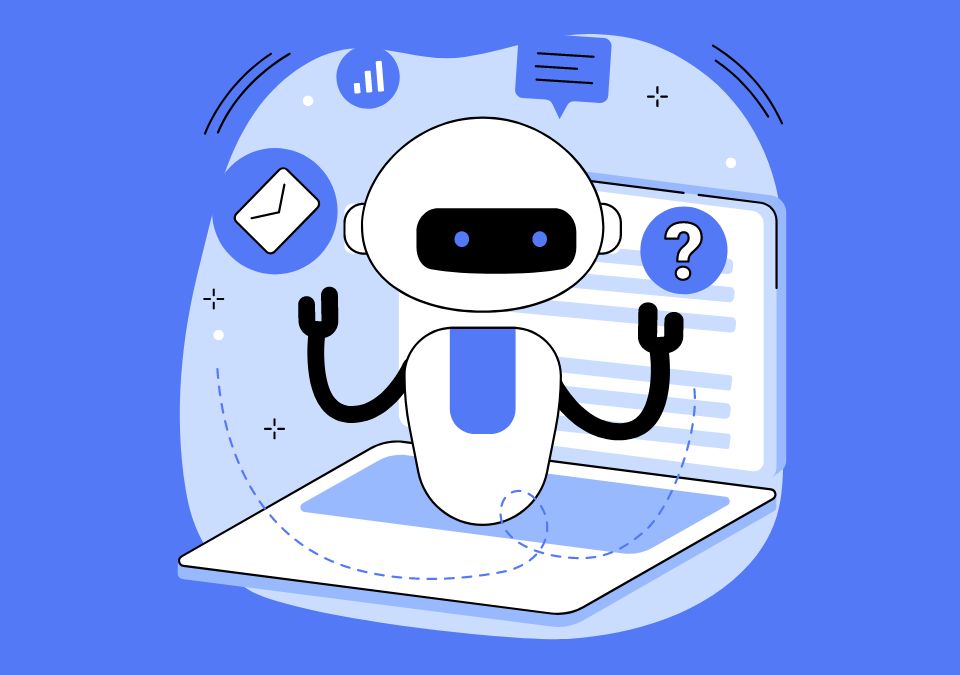Are you ready for the future of SEO? Buckle up because AI is here to stay and is revolutionising how we approach search engine optimisation.
SEO has been a game of cat and mouse for years, with search engines constantly updating their algorithms to keep up with the latest techniques marketers use to manipulate their rankings. But as AI technology evolves, we’re shifting towards more intelligent search engines that can better understand human language and intent.
What are the potential consequences for SEO in the future? Here are a few key takeaways that AI is already changing the game:
- More personalised search results
AI-powered search engines offer a significant advantage in providing personalised results to users. By analysing user behaviour and preferences data, search engines can now deliver tailored results that are more relevant to each user.
This has major implications for SEO, as generic, one-size-fits-all strategies are becoming less effective. Instead, businesses must create content that speaks directly to their target audience and addresses their needs and pain points.
- Natural language processing
Another area where AI has a big impact on SEO is natural language processing (NLP). Thanks to advances in machine learning, search engines are getting better and better at understanding the nuances of human language, including slang, colloquialisms, and even regional dialects.
This means content creators must optimise their content for more conversational, natural-sounding language. Rather than stuffing in numerous keywords, the focus should be crafting content that feels like a genuine exchange between two individuals.
- Voice search
As smart devices and virtual assistants continue to gain popularity, optimising voice search is becoming more crucial for SEO.
Search engines can better understand spoken queries and deliver more accurate results by leveraging natural language processing and other AI technologies. Marketers need to think how their content can be optimised for voice search, including using long-tail keywords and creating content that’s easy to read out loud.
- Automated content creation
Finally, AI is also starting to have an impact on the way that content is created. Thanks to advancements in machine learning algorithms, marketers can now automate the content generation process. This ranges from creating blog posts and articles to product descriptions and social media updates.
While some may worry that this will lead to a flood of low-quality, robotic content, the reality is that AI-powered content creation tools are getting better all the time. And for busy business owners struggling to keep up with the demands of creating fresh, high-quality content, these tools can be a lifesaver.
Businesses must embrace AI and strategically leverage these technologies to improve rankings and deliver more personalised, relevant content to their target audience.
Of course, this won’t happen overnight, and there will be plenty of challenges. Those willing to adapt and stay ahead of the curve have a promising future. By utilising AI, we can create a search engine landscape that fulfils its promise of providing users precisely what they seek.

